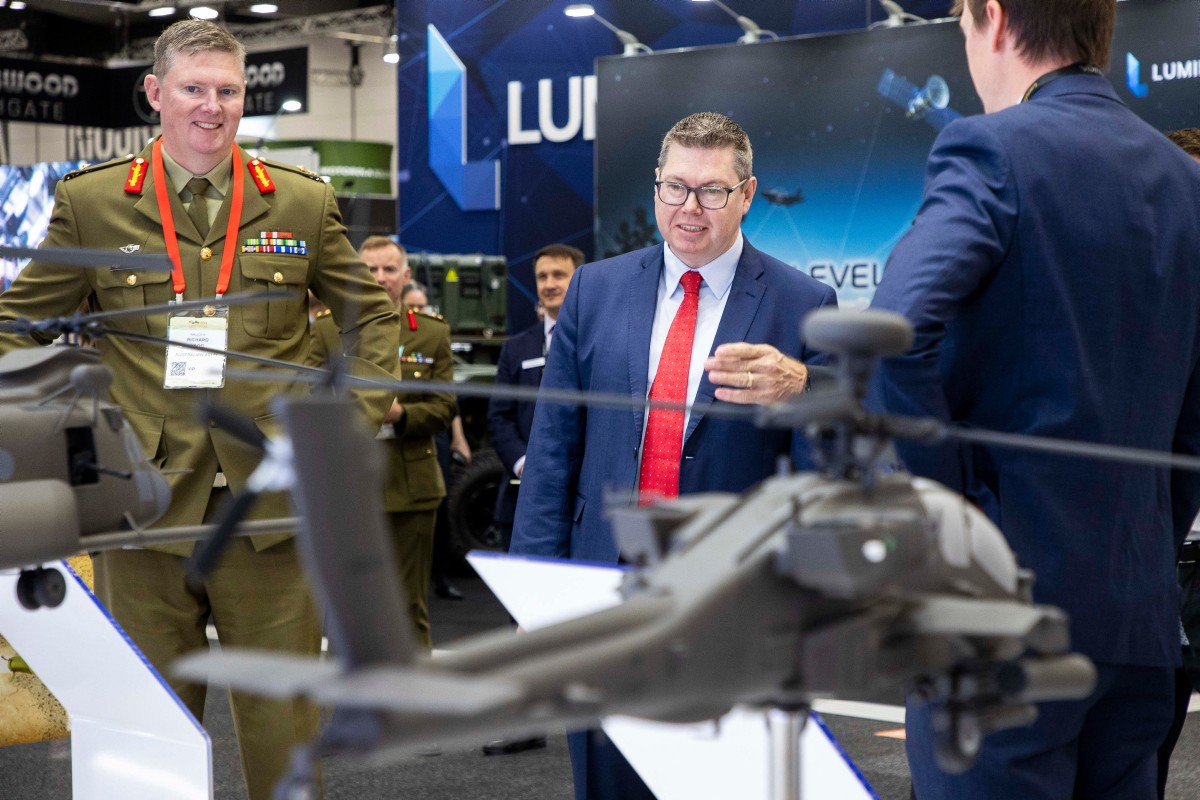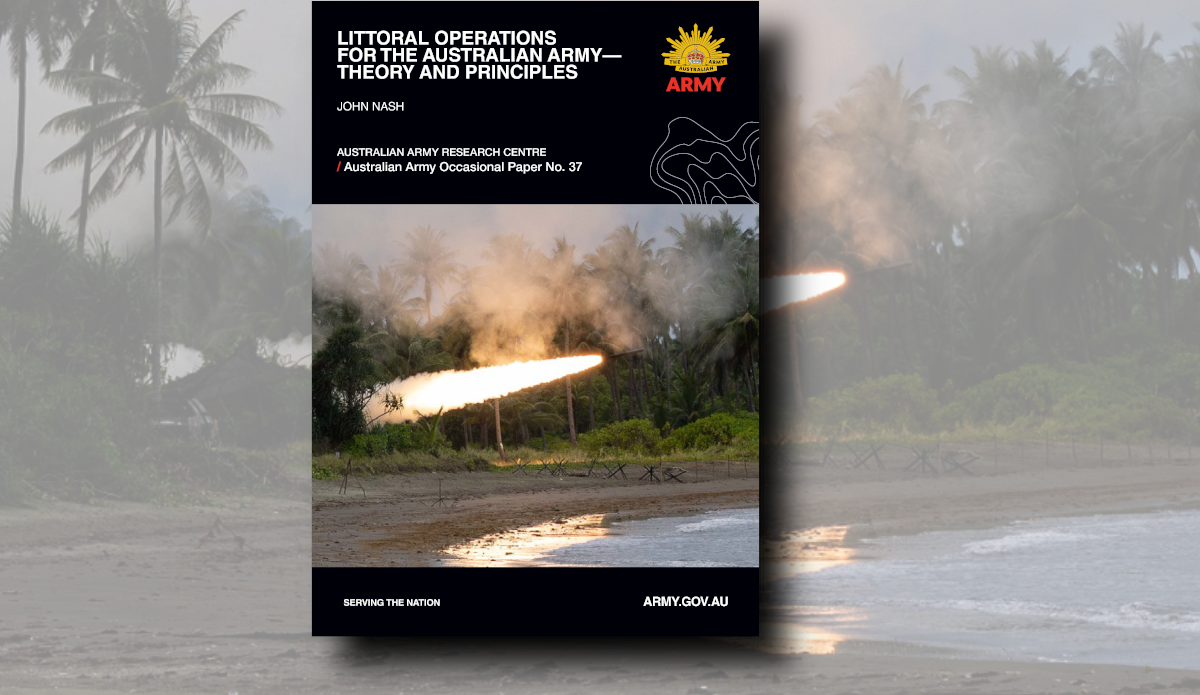Resilience
ETOs had previously reported upon the acceleration of digital technology adoption in Australia as a result of the COVID-19 pandemic. A report from Google, Temasek and Bain & Company, reports similar accelerated change in South-East Asia, with an additional 40 million internet users in 2020, bringing the region to approximately 70% population adoption.
Major Power Competition
The Nagorno-Karabakh conflict has settled into a Russian-brokered ceasefire, allowing examination of the lessons of the conflict. Azerbaijan was winning the war, reportedly characterised by Turkish military support. Azerbaijani capabilities were distinguished by deep strike capabilities leveraging loitering munitions and pervasive sensor systems. This has prompted reports that the conflict shows us the ‘future of warfare.’ Assessed Armenian losses have exceeded 100 main battle tanks (possibly as high at 187) alongside significant attrition of armoured fighting vehicles, artillery pieces and ground-based air defence systems.
ETOs have previously examined United State Marine Corps (USMC) evolution under the new Commandant, General Berger. The Center for Strategic and International Studies have released a detailed examination of these changes in the USMC to assist in understanding how the force is evolving in the context of contemporary multi-domain challenges.
Irregular Warfare and Terrorism
Numerous news agencies are reporting the killing of Al-Qaeda’s second-in-command, Abdullah Ahmed Abdullah, better known by his nom de guerre Abu Muhammad al-Masri. Al-Masri was recently profiled by CTC Sentinel, charting his experience in Afghanistan, Somalia, Kenya and again in Afghanistan in 2001-2002, prior to fleeing to and then being detained in, Iran. Of particular interest is that al-Masri was reportedly killed almost three months ago – the reason for such news not becoming public is not yet clear.
From the Texas National Security Review, a review of France’s war in the Sahel and its evolution of counter-insurgency doctrine. This piece, written by Michael Shurkin of RAND, comes with the context of his review of lessons from France’s Operation SERVAL intervention into Mali in 2013.
Also examining lessons of conflict in North Africa is a report by Frederic Wehrey for New America exploring the internationalisation of Libya’s post-2011 conflicts. Frederic Wehrey has a deep understanding of Libyan political dynamics, well evidenced in his earlier examination of the Libyan conflict, The Burning Shores. Interestingly, Wehrey’s analysis reinforces the “resources curse” finding, as Libya’s oil wealth drives outside intervention. Wehrey interestingly concludes that the post-2011 civil wars are ‘a casualty of a broader global disorder and the deterioration of multilateral institutions and norms.
Innovation
The AARC has been supporting the Makerspace initiative throughout 2020; an overview of the initiative is provided here.
From Breaking Defense, a report examining the U.S. Army’s proposed family of robotic tanks approach, inclusive of introductory doctrinal concepts exploring robotic warfare battlefield geometry considerations. This U.S. Army concept divides the battlespace into a ‘Develop and Disrupt’ (deep) zone leveraging network lethality; a ‘Deny and Degrade’ (middle) zone leveraging sensor influence; and a ‘Destroy and Defeat’ (close) zone leveraging robotic influence to ‘attrit and disrupt the threat’s scheme of manoeuvre prior to first human engagement.’ Interestingly, this concept bears a resemblance to Maoist three-phase battlespace geometry.
Sikorsky will soon be testing automation for the co-pilot function on the UH-60 (Blackhawk) airframe with an aim of informing the U.S. Army Future Vertical Lift program.
Events
- ASPI finalise their series of discussion with DG ASIS, Paul Symon. A conversation on how ASIS deals with mystique can be found here.
- 1 December (0900-1000): COL Armstrong will present on lessons from the 19-20 Bushfires for the AARC Seminar series at the R1 Theatre. Details are available through Eventbrite here.
- 8 December (1900-2000): Professor Sir Simon Wessely and Richard Iron will present for AIIA on the Psychological Cost of War. Details are available here.


